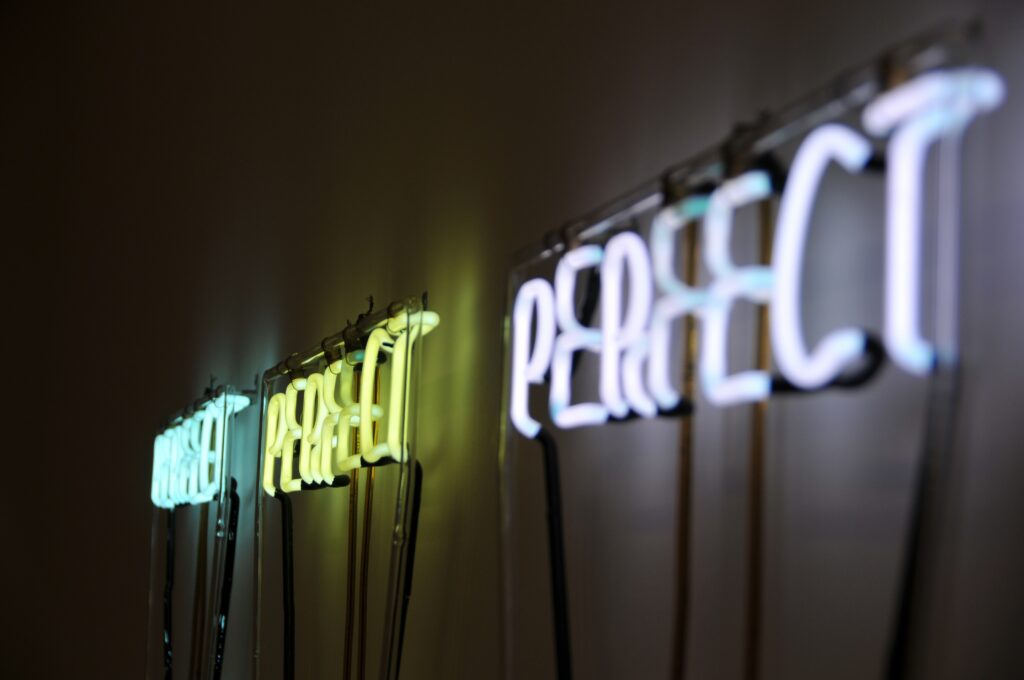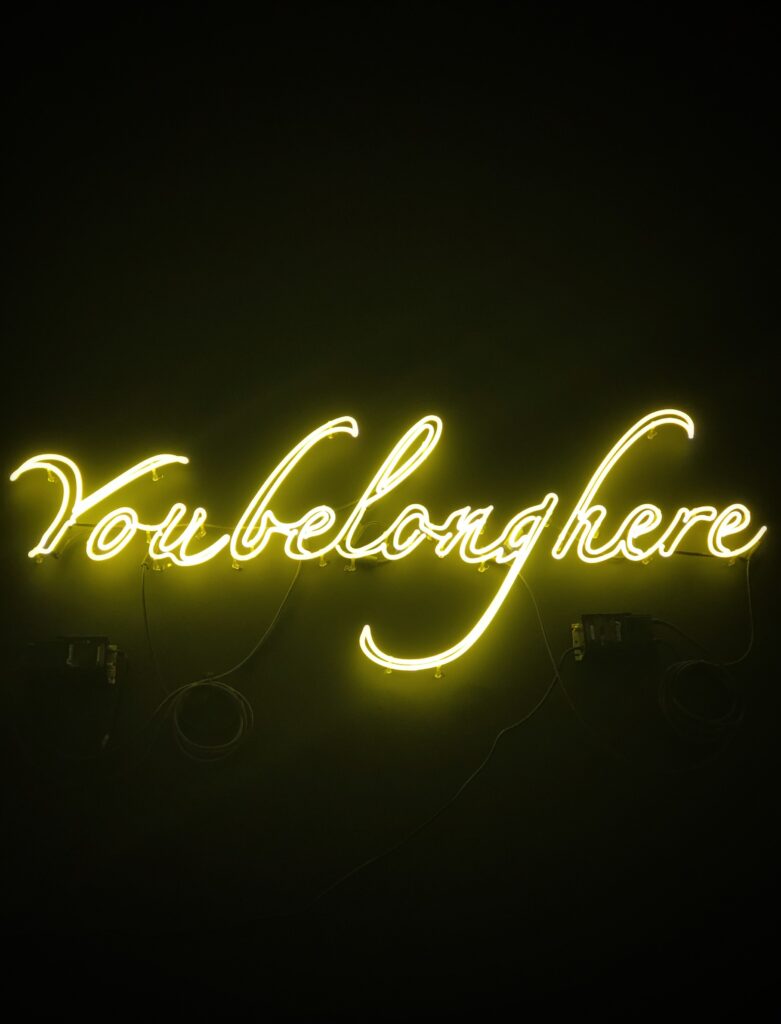Do you ever feel like a fraud?
Do you ever feel like you’ll be found out?
Found out for not being all that?
All that you let on to be?
All that others have come to expect of you?
Have you ever felt like an imposter?
An imposter who didn’t belong because you didn’t have the right ideas or good enough skills?
Beyond a doubt, I know I am not alone in these feelings that betray our self-worth, confidence, and effectiveness. Google “Imposter Syndrome” and you will find a litany of articles and websites addressing this anxiety-inducing and distracting state of mind. I have most often heard women talking about the major obstacles that arise when they feel like a fraud. But is it just a female experience? No, it’s a human experience! It’s an experience built around our drive from perfection and belonging.

It is human to grow and learn. It is natural to want to get “it” right not only that one time, but each time. In earlier periods of human history, getting it right was critical to our survival. We needed to eat the right berry, set the right game trap, and find the right hiding spot from whatever predator was after us. So there is instinct tied up in our drive for perfection. And this instinct feeds into a much stronger modern social pressure. Fail in the public eye these days and there is a real fear many of us experience of being eaten alive by the social tiger. Our fear of being found out for not being the complete package directly relates to our fear of being pushed out of our group; being stripped of belonging. As social creatures, the deep desire to belong is primal. As the saying goes, there is safety in numbers and that has served our species well across time.

And yet, I wonder. When you feel like a fraud is it reasonable and appropriate? Or are we worried about paper tigers? Is it fair to be expected to get it right each time? And is it really true that you will fall from grace and be kicked to the curb with an innocuous reveal here and there? Our fears are valid and real by the very act of experiencing them. They are also misplaced. Most things take time to learn and master. We are all limited in the breadth of skills we can go deep. We all have inherent strengths and weaknesses. The truth is that most people are so wrapped up in their own insecurities and stories that they don’t notice your perceived foibles. Or better yet, they may already be so dazzled by what you do well, that they have no concerns about your other capacities.

I also wonder, who do we really belong to? Where does meaningful belonging start? How do we achieve true belonging? We belong to ourselves. Belonging starts within. Achieving this potentially elusive goal is surprisingly simple. We must love, accept, and even forgive all parts of our being including both our immense potential and inherent fallibility. Then, as we reframe our connections with others, we need to ask if these communities we are striving to belong to pass our own personal litmus test for belonging. Are these our peeps? Do they fill us up, encourage us and challenge us in the best ways possible? Discerning who we authentically belong among gives us safety and freedom to release our fears of rejection and failure. These observations are simply said, though not always as easy to execute.

Ultimately, one of the most important tools towards this end is unpacking how do our fears serve us? Today, here and now, do these primal urges to be all right and to belong to a community beyond ourselves, still help us live a happy and fulfilling life? How do these instinctual drives impede our own success, confidence, and authentic connection with others? Does it serve us to belong among anyone else whose values and true selves do not resonate with our own? Finding our tribe isn’t about belonging among those who are exactly like us, but among those who hold us accountable to our values with love and support of our strengths and weaknesses.

Honestly, it’s the sense of being a fraud that has kept me blocked from writing these past numerous weeks. Ironically, I didn’t feel I belonged to the very community I am trying to build. I felt this way because I’ve been struggling with several of the lessons I’ve already claimed to have learned in my posts. My thought has been “Who am I to write more when I am still tripping over my own feet?” My feelings were real AND misplaced. The reality is many of the lessons I have learned and written about here are neither small nor trivial. The mastering of these lessons is iterative and takes time. We often need numerous passes at each lesson before we fully get it. It’s less that we are peeling an onion and more that we are climbing a spiral staircase. As we traverse the staircase, we repeatedly come across the same lesson, AND because we’ve climbed higher we are hitting the lesson in a different place. If the lesson is an elephant, we first encounter the foot, then the tusk, then the ear. Same beast, different parts. We, too, are different because of the progress we’ve already made.

And so, I want to be completely transparent that when I write of my life lessons here, I am not claiming mastery. I am humbly claiming progress with the hope that someday, in some way my personal insights might shine a light on your own staircase. Perhaps seeing how my sense of being a fraud held me back and blocked my flow will help you recognize and release similar insecurities. Maybe seeing how my fears kept me from connecting with myself, you and others, will help you break free and find true belonging.

In what ways do you feel like a fraud or imposter?
What misplaced feelings do you have?
How are these feelings holding you back?
How are they interfering with true belonging?
What one change can you make to release the grip these feelings have on you?

